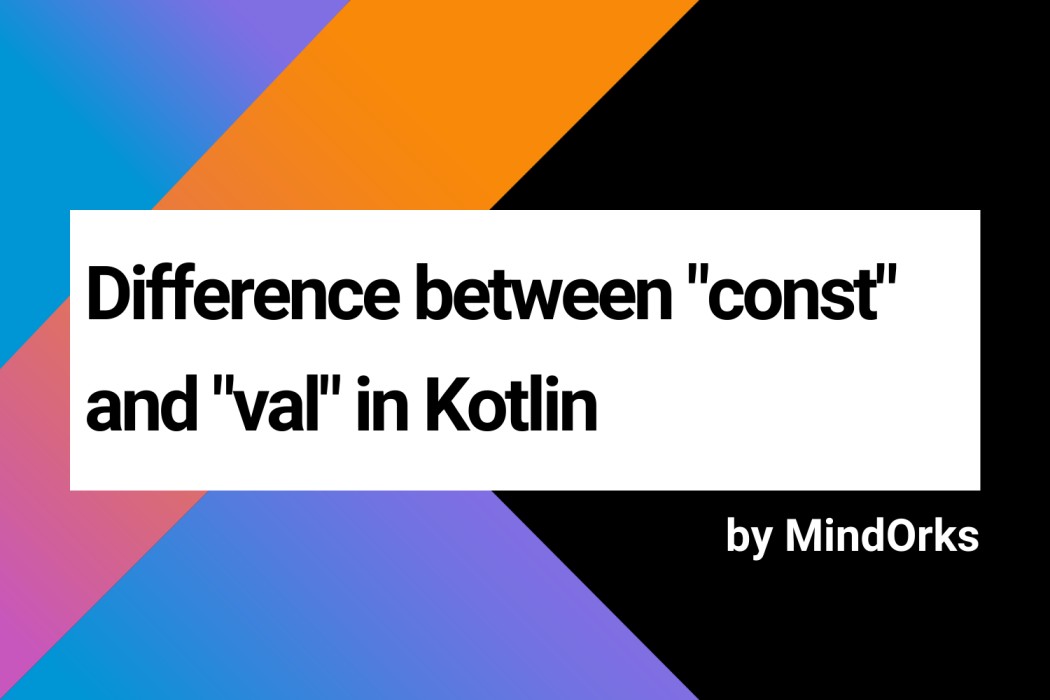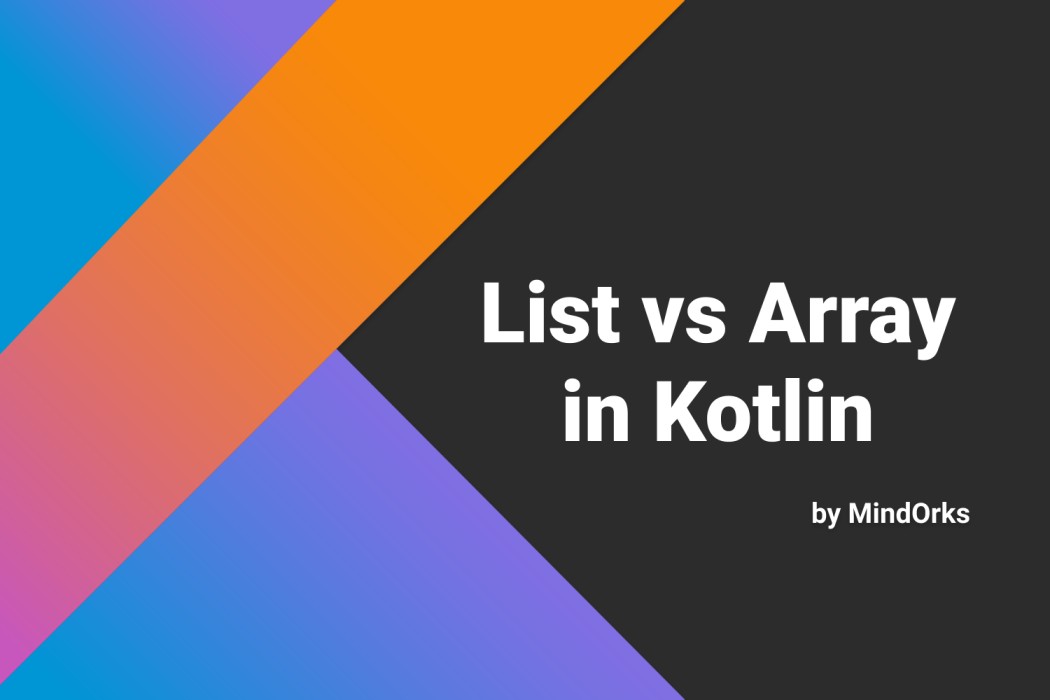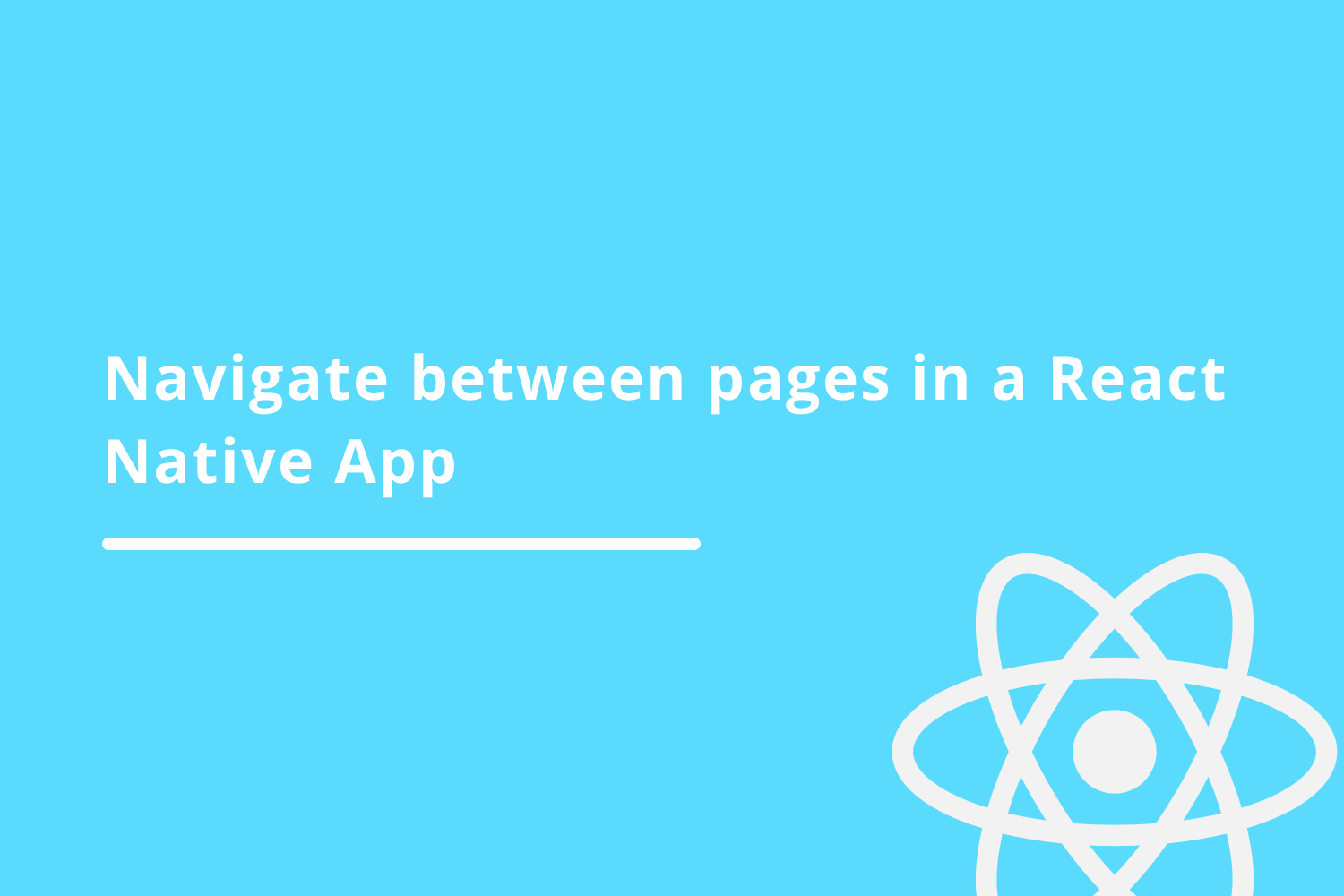What is the difference between "const" and "val"?

In Kotlin, as like other programming languages, the properties can either be mutable(it can be changed) or immutable(it can't be changed).
We use the keywords
const
and
val
to declare an immutable property
. Developers often get confused between these terms i.e. when to use which one.
So, welcome to MindOrks, in this tutorial, we will see the difference between
const
and
val
in Kotlin.
Use of "const" in Kotlin
The
const
keyword is used to declare those properties which are immutable in nature i.e. these properties are read-only properties.
But, the value of these properties must be known at the compile-time only and this is the reason
const
is also known as Compile-time constant. So, no runtime assignment of values is allowed in
const
variables.
A property must satisfy the following to be a
const
property:
- must be at top-level or member of object or member of a companion object
-
must be initialised with a
Stringtype or primitive type - no custom getter
So, you can't assign a
const
variable to a function or to some class because in this case the variable will be initialised at the runtime and not at compile-time.
Use of "val" in Kotlin
The
val
keyword is also used for read-only properties. But the main difference between the
const
and
val
is that the
val
properties can be initialised at the runtime also.
So, you can assign a
val
variable to a function or to some class.
Example
const val companyName = "MindOrks" // this will work
val comapanyname = "MindOrks" // this will work
const val companyName = getCompanyName() // will not work
val companyName = getCompanyName() // this will work
In the above example, we are using
companyName
as the immutable variable. When using
const
, if you directly assign the value then it is fine but if you try to assign the value from some function
getCompanyName
, then you will get an error because here the value will be assigned at runtime and not at compile-time. But in the case of
val
, both the situations are ok.
Why use "const" when we can use "val"?
In the previous example, we saw that the value of the
val
variable is initialized at runtime and
const
at compile time. So, why to use
const
if we can use
val
?
Let's find by taking another real-life Android example to understand the use-case of
const
and
val
:
YourClassName {
companion object {
const val FILE_EXTENSION = ".png"
val FILENAME: String
get() = "Img_" + System.currentTimeMillis() + FILE_EXTENSION
}
}
In the above example, we are declaring the
const
variable named FILE_EXTENSION in the companion object and the
FILENAME
variable as
val
and initialise it with custom getter.
As the extension of the file will always be same, so it is declared as a
const
variable. But, the name of the file will be changed based on the logic that we use for the file name. Here, in our example, we are naming the file based on the current time. You can't give some value to it initially because the value is fetched at the runtime. So, we are using
val
here.
What happens after the code compilation is that wherever the
const
variables are used in the code, those variables are replaced by the value of that
const
variable but in case of
val
, the variables are kept as it is because we don't know the value of
val
at compile-time. So, if you decompile the above code, then you will see(
learn how to covert Kotlin code into Java
):
public final String getFILENAME() {
return "Img_" + System.currentTimeMillis() + ".png";
}
Here, you can find that the variable
FILE_EXTENSION
has been replaced by its value i.e. ".png" i.e. the value has been inlined and hence there is no overhead to access that variable at the runtime. This is the advantage of using
const
over
val
.
This is all about the difference between
const
and
val
keyword in Kotlin.
You can find Open-Source projects by MindOrks from here .
Have a look at our Interview Kit for company preparation.
Do share this tutorial with your fellow developers to spread the knowledge. You can read more blogs on Android on our blogging website .
Apply Now: MindOrks Android Online Course and Learn Advanced Android
Happy Learning :)
Team MindOrks!





